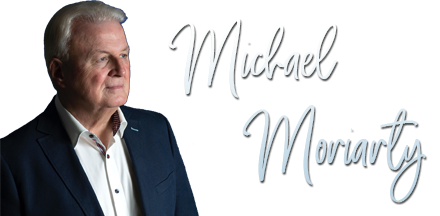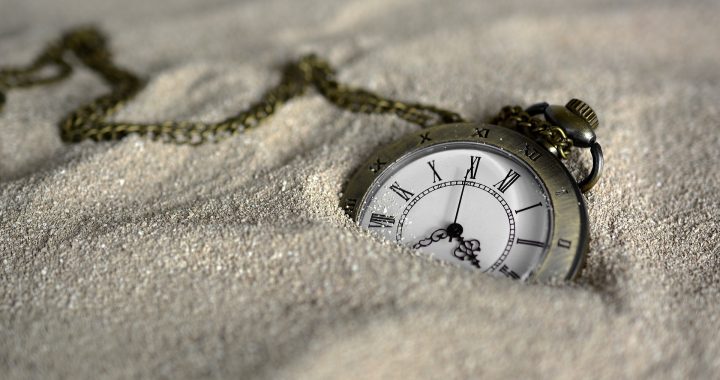
Living in this technology-enhanced world subjects us all to many, immediate and varied distractions. Social media has enhanced our world but also provides enhanced distractions which can consume vast amounts of our time if we let that happen.
In our daily lives and occupations more of us could be classed as knowledge workers who engage in knowledge sharing across many boundaries and with many cohorts of people. The internet and social media tools now allow for more enhanced levels of collaboration where knowledge is shared within and across organisational boundaries. Knowledge work is information-based and it is estimated that more than 50% of the working population is now engaged in knowledge work as distinct from manual work which is material based. Yet we know that knowledge work is now becoming part of all work and impacts on all our lives and occupations.
In this rapidly changing world therefore ,the temptation for distraction is greatly enhanced unless we are really self-disciplined . You can be very busy but unproductive or be disciplined and productive. It really is a question of how you manage time and what you do with it.
I have often noticed that some people appear to be busy to the extent of being overwhelmed . They wonder where time goes. I know because I was once one of those people. I was busy running on the spot trying to do many things at the same time. Even today I must watch myself. For example, while writing this blog I am tempted to tweet , read my news feeds and answer emails. But I need to stay focused so that at the end of the day I can be sure that I have completed those tasks I had planned to complete.
Do you ever wonder why some people achieve so much while others work hard but achieve little ? The difference may be because some of us have a disciplined focus on achieving an identified outcome while others have a lack of focus driven by distractions. Some of us use time well while others waste time on distractions.
Time is a very precious commodity and you need to ask yourself who owns your time . I have read that people in a work environment can be the greatest consumers of time followed closely by meetings. In regard to the former there is a lot to be said for making it known that you do not want to be disturbed . You should be focused on completing one task or assignment and doing one at a time. Your priority is to get important things done and each day that has to be your priority. Personal engagements at work have a place and time but should not be a willful consumer of time.
Meetings can lead to more meetings and can be part of the culture of any organisation. Serious questions should be asked about the need for and frequency of meetings which involve time and travel . If meetings are necessary can some or all those required to attend use video conferencing to be fully present if not physically present ? Analyse the outcomes from meetings and see if those outcomes can be achieved in a more efficient manner which saves time.
By focusing on opportunities and by doing one thing at a time we are more likely to get results . In this way we have a sense of achievement rather than feeling frustrated. Our days should be planned if we want to make the best use of our time. At the start of the day know what you want to do and at the end of the day review what you have achieved.
Good leaders know how to delegate so that they can concentrate on the important tasks . Those leaders with a controlling nature and who need to know everything can suffer from information overload leading to stress and lack of achievement. Your time is precious to you so use it wisely.
There is a simple formula if we can apply it; know your goals and seek results. Whether in sport,business or other activities we all know that achieving outcomes and results are what winning teams do. This needs to be the focus of policy, strategy and direction. Do the right thing first and give it your best shot. Is this what distinguishes winners from the rest? Perhaps its time to self-reflect and evaluate how efficient we are in using our time . You never know what you can accomplish until you try.

